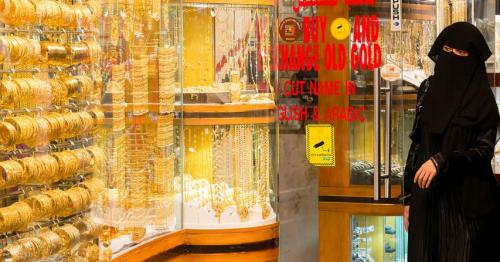Will customers pay more after 20% new tax on foreign banks?

The recent announcement of a 20% tax on foreign banks' income in Dubai has stirred up discussions among analysts regarding its potential impact on customers and the banking sector as a whole. While some experts anticipate that foreign banks might raise fees to offset the tax burden, others suggest that banks could absorb the costs to maintain competitiveness in the market.
Renan Ozturk, a senior director at Alvarez & Marsal Middle East, highlights that the tax aims to align Dubai's Emirate-level Corporate Tax regime with the newly introduced Federal Corporate Tax regime. This move seeks to mitigate double taxation and clarify the relationship between the two tax systems. Ozturk emphasizes that while the tax applies to all foreign banks operating in Dubai, excluding the Dubai International Financial Centre (DIFC), it doesn't signify a significant change but rather an alignment with federal tax regulations.
The law, effective from March 8, 2024, offers clarity for future tax periods, but questions remain regarding potential double taxation for the period between June 1, 2023, and March 7, 2024. Ozturk hopes for further details on this matter in the coming months.
Vikas Lakhwani, Chief Revenue Officer at CPT Markets, suggests that foreign financial institutions may raise service fees or interest rates to counter the tax impact. However, the extent of these increases depends on competition from domestic banks and their profit margins. Customers could face indirect consequences such as higher service charges, interest rates, and a reduced range of products.
On the other hand, Joseph Dahrieh, Managing Principal at Tickmill, believes that banks might absorb some of the tax costs to maintain competitive pricing. He emphasizes that Dubai's dynamic banking sector and competitive environment could limit banks' ability to adjust fees significantly. Dahrieh predicts that foreign banks will continue to experience strong profitability due to Dubai's robust macroeconomic environment and high-interest rates.
Despite the tax, Dubai's favorable business environment and infrastructure could still attract foreign banks. Lakhwani notes that compared to other financial hubs, a 20% tax may not deter banks from operating in Dubai.
In summary, while the imposition of a 20% tax on foreign banks' income in Dubai may lead to adjustments in fees and charges, the competitive nature of the banking sector and the city's favorable business environment could mitigate the impact on customers. Foreign banks may choose to absorb some of the tax burden to maintain their competitive edge in Dubai's dynamic market.
By: Sahiba Suri





Comments